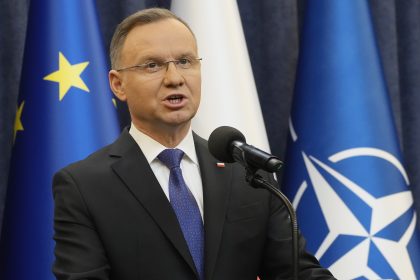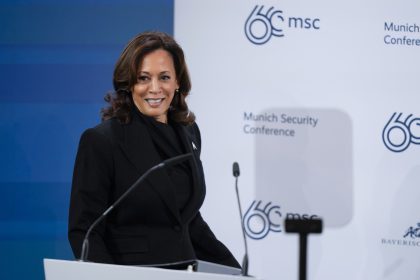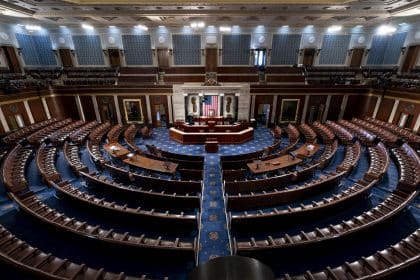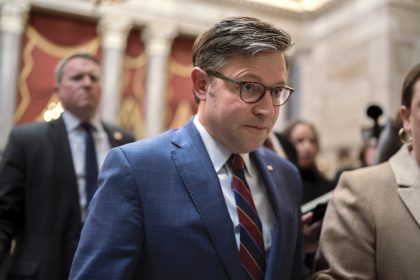Trump Urged to Increase Pressure on North Korea to Denuclearize
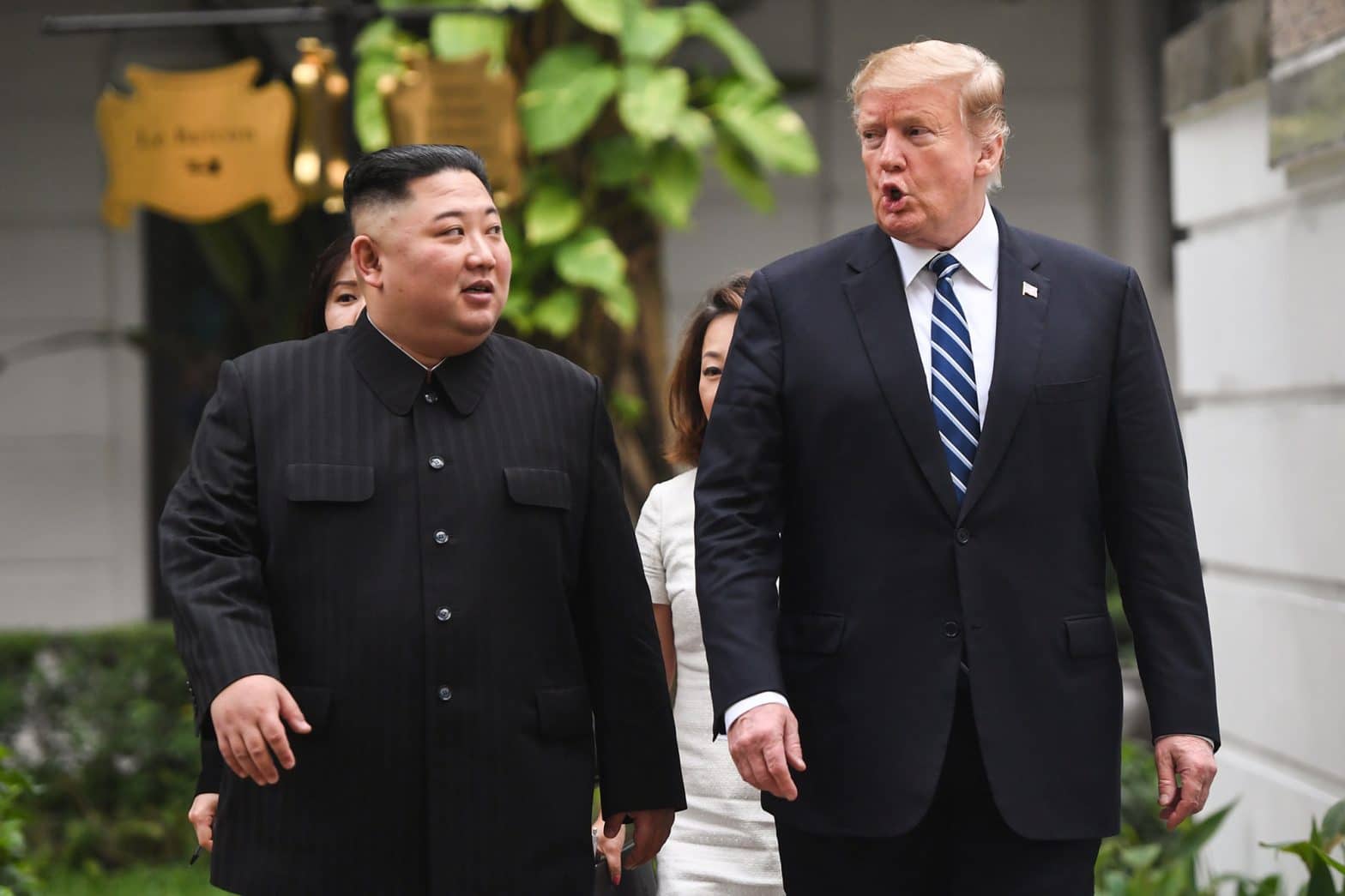
WASHINGTON — Foreign policy experts told a Senate subcommittee Tuesday that North Korea has returned to its hardline militarization and human rights abuses despite earlier pledges to President Donald Trump of more moderate politics.
The Senate Foreign Relations subcommittee held a hearing as it considers proposals to abandon Trump administration policies of appeasement and instead impose more sanctions on North Korea.
The most recent sanctions were imposed by Trump Executive Order 13810 in September 2017 as North Korea conducted tests of long-range missiles with the ability to reach the United States. North Korea also was known to be testing nuclear weapons.
The Executive Order authorized the U.S. government to remove from its financial system or freeze assets of any companies, businesses, organizations and individuals trading in goods, services or technology with North Korea. In addition, any aircraft or ship that enters North Korea was banned for 180 days from entering the United States.
A White House statement said, “Foreign financial institutions must choose between doing business with the United States or facilitating trade with North Korea or its designated supporters.”
Trump and North Korean leader Kim Jong-un held a summit in Singapore in June 2018 to try to ease escalating tensions between the two countries.
Kim Jong-un said he would consider denuclearizing his military weaponry if the U.S. reduced its sanctions and potential military threats. He gave no timetable for denuclearization or halting his long-range missile program.
The two leaders followed up with a second meeting in Hanoi last year but came away with no firm agreements. Since then, they have largely kept silent about each other rather than hurl the kind of threats and insults that marked their relations before the Singapore summit.
Diplomatic witnesses during the hearing Tuesday of the subcommittee on East Asia, the Pacific, and International Cybersecurity Policy called the Hanoi meeting a failure that might have contributed to North Korea’s return to tough foreign policies.
A leading proponent of more sanctions against North Korea is Sen. Cory Gardner, a Colorado Republican, who is chairman of the subcommittee. He advocates a “maximum pressure” policy of sanctions against North Korea to force it to demilitarize.
He said Tuesday that negotiations with Kim Jong-un have not only failed but “weakened our defense” against “the madman in Pyongyang.”
Sue Mi Terry, former director for Korea at the National Security Council under former Presidents George W. Bush and Barack Obama, told the Senate subcommittee, there might be better alternatives than maximum pressure.
“We are currently at an impasse with North Korea and we are facing dim prospects for the resumption of negotiations,” she said in her testimony. “But the chance of resuming negotiations is not zero. The United States can restart negotiations if we are willing to offer maximum sanctions relief in return for something less than the ‘denuclearization’ of North Korea.”
The United States acting alone against North Korea is unlikely to be the most effective strategy for eliminating its military threat, she said.
“The only way to reduce the North Korean nuclear threat is to get International Atomic Energy Agency inspectors into North Korea to oversee the suspension and sealing of nuclear operations, followed by the installation of monitoring cameras,” she said.
She added that hope for normalization of relations with North Korea was not great under current foreign relations.
“North Korea’s current position reflects little appetite to return to diplomacy,” she said.
Bruce Klingner, former CIA deputy division chief for Korea, implied that Trump might have been naive in his earlier beliefs of progress with Kim Jong-un.
“Euphoric claims of breakthroughs made after the Singapore summit turned out to be premature,” Klingner said in his testimony. “To date, President Trump’s top-down approach of summit diplomacy has been no more effective than previous efforts to curtail Pyongyang’s nuclear ambitions.”
Last year, North Korea launched 26 test missiles, its highest-ever in recent years. Its military also unveiled five new short-range ballistic missiles that threaten South Korea, Japan and U.S. forces stationed in both countries.
Just before Christmas, Kim Jong-un announced he no longer felt bound by his promise to Trump not to conduct nuclear or intercontinental ballistic missile tests.
“Despite three meetings between Trump and Kim, the two sides remain far apart even over the definitions of seemingly straightforward terms such as ‘denuclearization’ and ‘Korean Peninsula,’ let alone the sequencing, linkages and timeline for achieving denuclearization,” Klingner said.
Robert King, who served as U.S. special envoy for North Korean human rights issues from 2009-2017, urged the U.S. government to renew pressure on Kim Jong-un because of his regime’s disregard for human rights.
“Our foreign policy toward North Korea should reflect our values, our commitment to the human rights ideals on which nation was founded,” King testified.


















